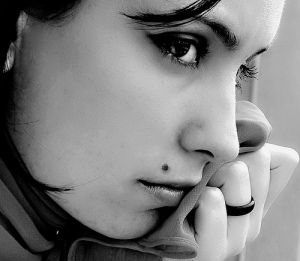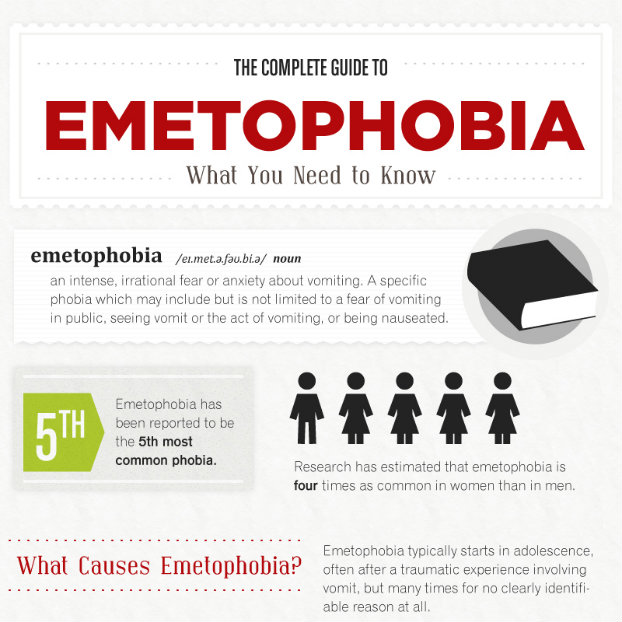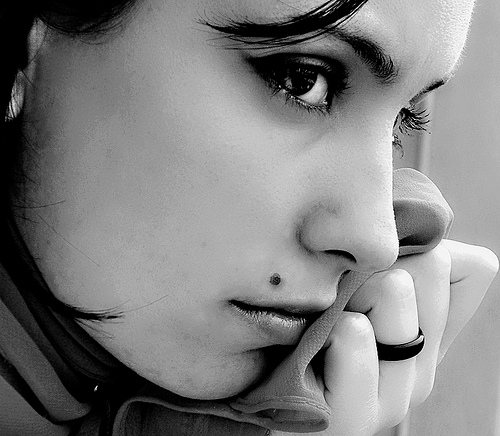 Depression is a serious mental health condition that is characterized by feelings of hopelessness and despondency. While everyone feels sad sometimes, people who have depression tend to experience a more profound and unrelenting sense of melancholy. A depressed person will feel a deep sadness for an unusually long period of time. For a person with “persistent depressive disorder,” the National Institute of Mental Health states that the symptoms must last for at least two years.
Depression is a serious mental health condition that is characterized by feelings of hopelessness and despondency. While everyone feels sad sometimes, people who have depression tend to experience a more profound and unrelenting sense of melancholy. A depressed person will feel a deep sadness for an unusually long period of time. For a person with “persistent depressive disorder,” the National Institute of Mental Health states that the symptoms must last for at least two years.
People who are depressed tend to feel indifferent to things they previously enjoyed. They may have difficulty concentrating, sleeping regularly, and feeling motivated to get through the day. Depressed people usually suffer from a lack of energy, and the severely depressed may find it difficult to find the strength to get out of bed in the morning.
A licensed mental health worker can diagnose a person with depression, but without a formal diagnosis some people may attempt to “self-diagnose” and guess whether they have depression based on a limited understanding of their symptoms.
An article in PsychCentral (“6 Conditions that Feel Like Clinical Depression but Aren’t“) describes a few physical health conditions that can be mistaken for depression, including vitamin D deficiency, hypothyroidism, and low blood sugar.
Vitamin D Deficiency
Vitamin D deficiency can occur when a person is not exposed to enough of the vitamin on a regular basis. The primary source of vitamin D is sunshine, according to the article. Since many people use sunscreen, it can be difficult for their bodies to get enough of the sun’s rays to produce as much vitamin D as is needed. The article recommends finding a “third-party tested” vitamin D supplement, and of course one should always consult with one’s doctor before making dietary changes. The WebMD site recommends consuming foods high in vitamin D such as fatty fish, cheese, egg yolks, and beef liver.
Hypothyroidism
Hypothyroidism is another physical condition that can be confused with depression. The symptoms of an underactive thyroid — including exhaustion, irritability, and a sense of worthlessness — are similar to those of depression. The PsychCentral writer recommends getting more than one test for thyroid problems, since the traditional TSH test offered by doctors may be insufficient for revealing the full extent of thyroid functional problems.
For the full list of health conditions that can mimic the symptoms of depression, visit the link to the original PsychCentral piece in the first section of this article.
Photo Credit: NuageDeNuit | Chiara Vitellozzi via Compfight cc





